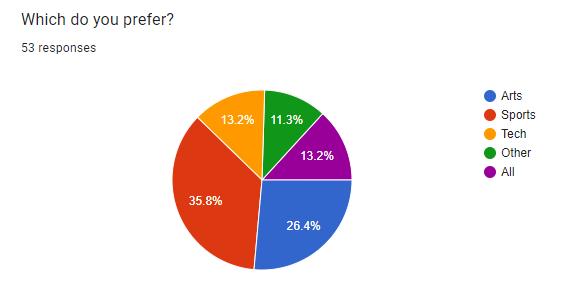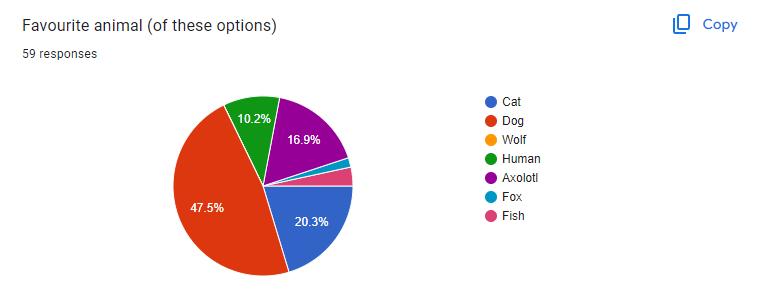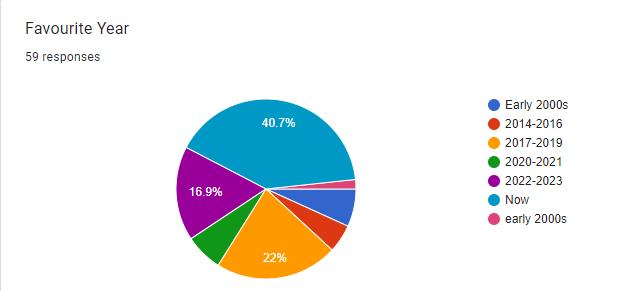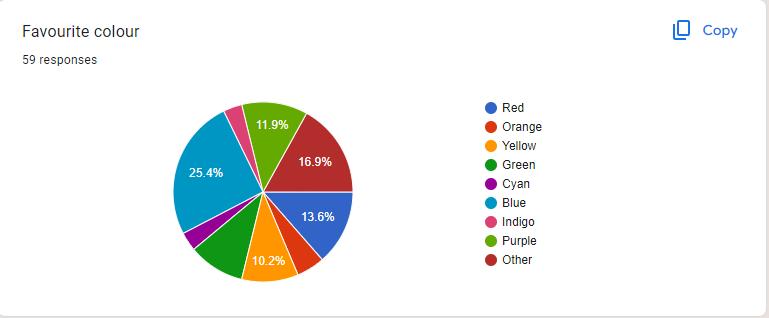

CONTENTS
@theHelm—Issue 4: Mar-Apr 2024
Cover image: HSC Galleries
07 AIProsandCons
Is AI making things better and/or worse?
12 3.14
Would you like some pi?
29 StressvsAnxiety
What are the differences?
SPECIALFEATURES
06 HSC goes to CISMF!
08 Ramadan
09 International Day of Transgender Visibility
10 NBA news updates
11 Need to Know: Wordle & the thesaurus
12 Sky Time: Boeing 747
13 Tech Update: Apple AR glasses
Autism Awareness & Neurodiversity
Stressbusters!
All about violet eyes
Minecraft April Fool’s
Survey results
REVIEWS®ULARFEATURES
11 New album release: The Tortured Poets Dept
12 Student Spotlight 16 Skin Care: moisturizer review
Recipes
Book reviews
Movie reviews
Sports Corner: fun facts about basketball
English Corner: all about alliteration
32 French Corner: un musicien formidable!
33 Climate Corner: caring for houseplants
38-39 Video game reviews
MONTHLYCHALLENGES
26 Creative Writing Prompt
30 The Debate Corner: Blue vs Black Sky - VOTE! 34 Math Corner
Riddles, trivia, & jokes
ARTANDCREATIVEWRITING
03 Solar eclipse photos 22-24 Poems for National Poetry Month 40 Art challenge winners 40 Political cartoon










1: What is AI?
AI stands for Artificial Intelligence. And while it’s partially true, that title is slightly misleading. AI doesn’t just come up with information. On the contrary, it is more similar to humans in that it learns. As it interacts with humans, it picks up information that the humans give it. For example, if you ask AI what its favourite colour is, it might say something like: “Oh, I’m not sure I have one. What’s yours?” After you answer, the AI might say something similar to your favourite. (Again, this is just an example, and when I tried this with ChatGPT, it didn’t actually work; it’s just meant to make it simpler to understand.) This is a basic way to explain how OpenAI works.


TESSA TIERNEY 604
Artificial Intelligence, or AI, has been a buzzword in the world of technology for quite some time now. From chatbots to self-driving cars, AI has already started to revolutionize the way we live our lives. But what exactly is AI, and how does it work? In this article, we will explore the basics of AI, its impact on society, and its potential for the future. So fasten your seatbelts and get ready for a journey into the fascinating world of AI!
2: OpenAI
Wait, OpenAI? What’s that? Well, it’s a company that was founded by Elon Musk, Sam [] and others in 2015. However, Elon Musk left the company in 2018 due to a “potential conflict of interest with his work at Tesla,” as stated on the website TechTarget, so now it’s owned by Altman. The goal of OpenAI is to make a safe-to-use artificial intelligence that benefits humans. But what’s the difference between OpenAI’s AI and regular AI? Well, the answer to that is pretty simple. OpenAI websites are designed to be, well, open, to the public. Before the release of OpenAI, AI had mostly been constricted to major companies such as Netflix and Amazon. But now, with tools like ChatGPT and Sora, we can all access AI in our everyday lives.
3: Pros and Cons
Many people are worried about where Artificial Intelligence is going. They think it might be getting too smart, and with the introduction of OpenAI, it is easy to believe it is.
But on the other hand, there are many benefits to AI. Some people believe it’ll be one of humans' most useful inventions. Let’s make a pros and cons list for AI (see next page)
Pros Cons
Gives ideas for art, stories, etc.
Offers suggestions to improve writing

Hard to spot
Replacement for actual learning Answers factual questions Can get questions wrong (i.e. math)
As you can see, it’s split pretty evenly between pros and cons
In my opinion, AI has much more room to grow, but I think companies such as OpenAI eventually have to choose a point to stop. We should acknowledge the last con in the list above - AI does get things wrong. Not just OpenAI bots, but other softwares too. And when there are errors, that always means there is room for improvement My main question is, how much longer will there be room for improvement? I think if this question doesn’t get solved soon, we all might be relying on AI to keep us going. If you think about it, we already do a little bit. Netflix, for example, uses AI to give you suggestions on shows it think’s you’ll like based on your past selections. Without that feature, it’d be much harder to pick things to watch


I also think it’s important to talk about the first con. AI appears in our lives more often than we think
On Thursday, April 18, Jake Ernst from StraightUp Health came to the Middle School to discuss digital citizenship. In our assembly, Jake showed five short videos and asked us to identify the ones made by AI. To the shock of many students, all five were fake. This shows that AI can impersonate humans, and it’s very good at it
As we integrate AI into our lives, it's crucial to use it responsibly, prioritizing its positive societal impact. By ensuring that its development and usage align with our values, we can maximize its benefits while minimizing risks and keep AI a tool for human advancement.
It's up to us to shape AI's future in line with our aspirations for a better world.
Source 1
Source 2
CISMF2024
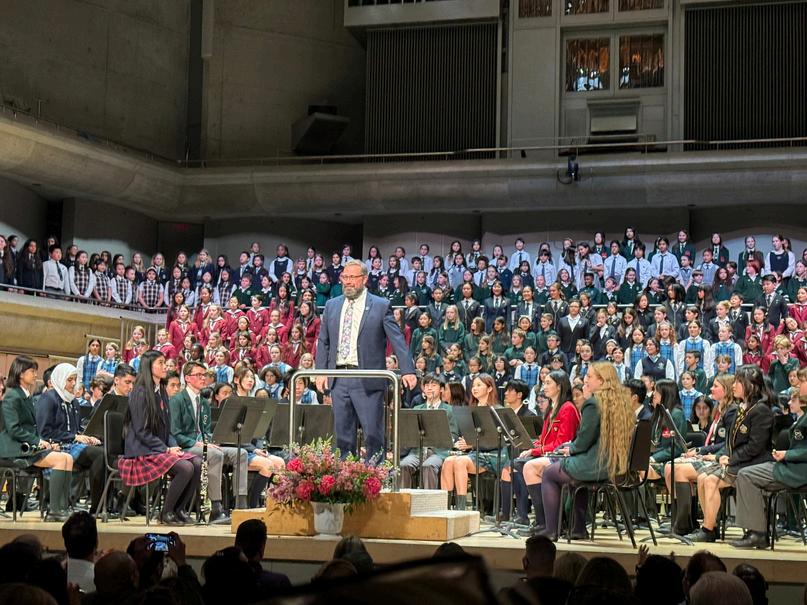



On Saturday, April 13, many HSC students and teachers attended CISMF (Conference of Independent Schools Music Festival). The annual festival at Roy Thomson Hall has been going on for 37 years. HSC was one of 39 schools that participated. We had over 80 students participating in the Junior, Intermediate, and Senior choirs, the Symphonic Band, the Wind Ensemble, and the String Orchestra. Congratulations to Calista Cahill, Niamh Mercer, and Mila Latinovich, who were selected as soloists for their ensembles, and to Mr. Fifield and Mrs. Hammond, who conducted. A big thank you to all the faculty and staff who made it possible for all students to participate in CISMF. If you have the time, take a look at this folder for photos and videos of CISMF.
PI DAY
What is pi?
π (pi) is a number that doesn’t repeat or end.
It’s the ratio of a circumference (the perimeter of a circle) to its diameter (a straight line through the centre of the circle).
March 14th

We can only approximate pi, as it goes on forever. We’ve gotten to over a trillion places, but many people simplify the number as 3.14. π is a constant number, meaning that for all circles, π will be the same.
Why Pi Day?
π is very important in math because it is found in many formulae in within math.
The number is also found in formulae from topics in science, such as cosmology, fractals, thermodynamics, mechanics, and electromagnetism.
But it’s also partially because of the coincidental starting digits that line up perfectly with a date on our calendars.
Catey Chan 702

RAMADAN MUBARAK MSA

M A R C H 1 0 T O A P R I L 9
Yahyah Naas 803
Across the world, Muslims celebrate the month of Ramadan. Ramadan is the month when the Prophet Muhammad (SAW) revealed the Quran by Allah. This month, we fast from sunrise to sunset and feast with family in the evening.
Ramadan helps remind us about those who are less fortunate and teaches us how to refrain from basic desires. This ends with Eid-Al Fitr, when we feast on Muslim delicacies and exchange gifts with our fellow Muslims.
During this month, we are encouraged to read and memorize more Quran and learn about Islam.
Ramadan is truly a month that Muslims cherish, bringing out the best in us for the year to come!
As always, Jazakallahu Khairan!
Day! Day!
What is I.T.D.V?
�n��r��t��n���r��s��n����a��f �i��b��i���s�e��c��e��o�e��b��t��g �r��s��n����e���e�n��a��i�� �w��e��s��o�h��i��r��i��t��n
�a��d�y�r��s��n����e���e �o��d��d���s�e���s��e��b��t��n �f�h��r�o��r��u��o���o�o��e��.
�l��o��a���s��e���a��n��� �a��d����c��r�n��n��o��o��s�n �u���n��h��m��e��a�c��e��. �a���s��t��n��e��b��t��d��c��e �o��G��Q��i��t��



Catey chan 702 Source
April 6 is Intl. Asexuality Day, a day for raising awareness about asexuality and celebrating the asexual community.
Asexuality is a sexual orientation characterized by a lack of sexual attraction to others. a misconception about asexuality is that it means a lack of romantic attraction (aromanticism), but those are separate terms. If someone identifies as both, they are called ARo-ace.


UPDATES ON THE RECENT NBA NEWS!
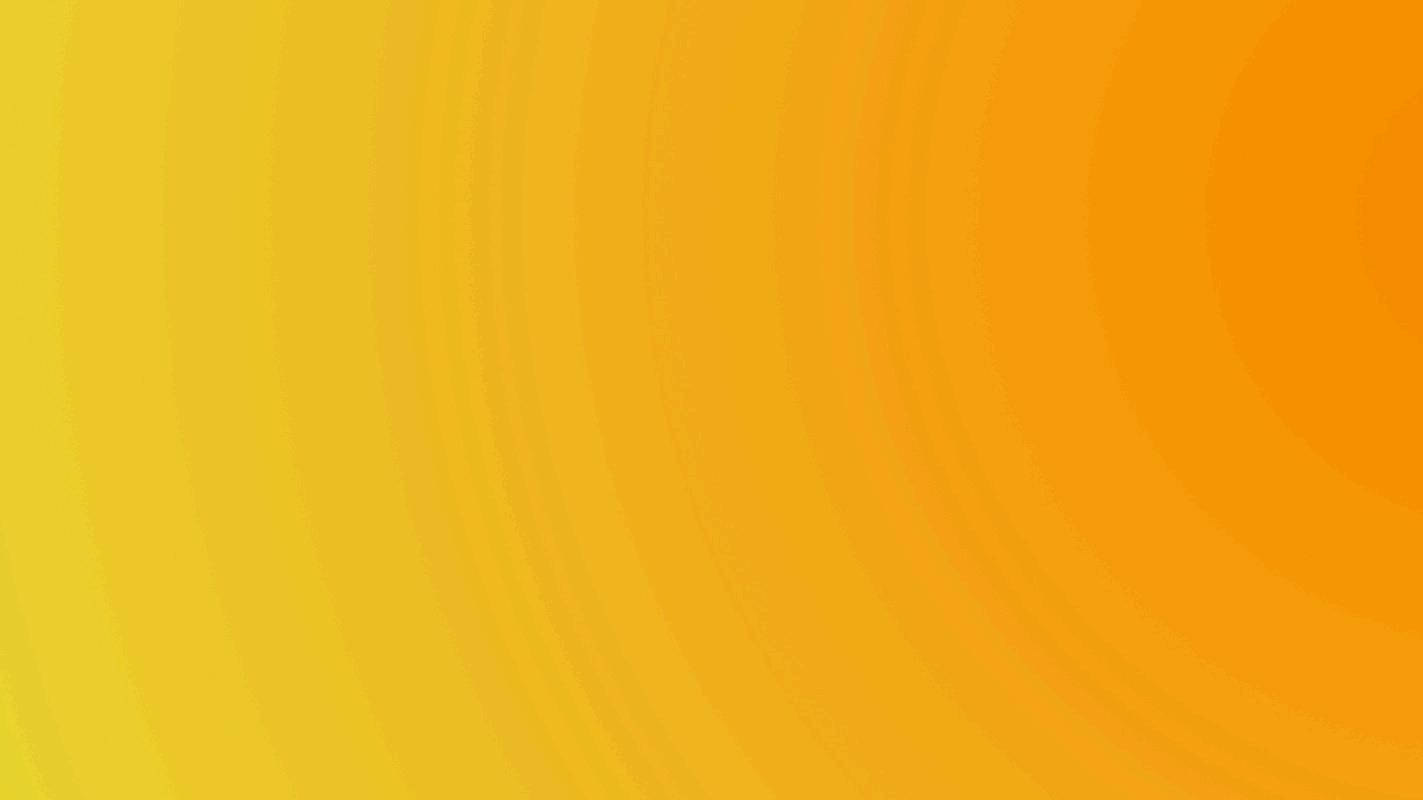
Thetop5mostdiligentplayerswithalotofdedicationcurrentlyinthe 2023/2024seasonare:
1stNikolaJokic
2ndLukaDoncic
3rdGiannisAntetokounmpo
4thShai Gilgeous-Alexander
5thJoelEmbid
ThereasonalloftheseplayershavebeenrecordedandsaidbyNBAofficials asthetop5currentlyisbecauseofhowmanypointstheyaveragepergame. NikolaJokicaverages26.4pts,12.4reb,9AST,AND1.3stl.LukaDoncic averages33.9pts,9.8ast,9.2reb,3p%38.2.GiannisAntetokounmpoaverages 30.7pts,11.6reb,6.5ast,1.1blk.ShaiGilgeous-Alexanderaverages30.3pts,6.3 ast,2.1stl,0.9blk.JoelEmbidaverages34.7pts,11reb,1.7blk,5.5ast.
Nowmovingontotheteamsthataretop3ineachconferenceandthatare alsoonthevergeofmakingtheplayoffswiththeirimpressiveperformance. ThethreeteamsintheEasternConferenceare:
#1Celtics
#2Knicks
#3Bucks
ThethreeteamsintheWesternConferenceare
#1Thunder
#2Nuggets
#3Timberwolves
Themostastonishinggamethathappenedinthe2023/2024seasonwaswhen LucaDoncicscoredafranchise-record73points,tiedfor4thinNBAhistory (astheMaverickshadaclosegameagainsttheHawks148-143).Insecond place,JoelEmbidsetsanotherrecordwith70pointsinthe76ers'winoverthe Spurs,especially 7'4Wembanyama Inthirdplace,anastonishinggamewas playedandcontrolledbyGiannisAntetokounmpoknown,as“TheGreek Freak”,whoscoredanincrediblerecord64points;inthisgame,theBucks alsobeatthePacers140-126.
SOURCE
SOURCE
SOURCE






The Phenomenon of Wordle
James Fong 503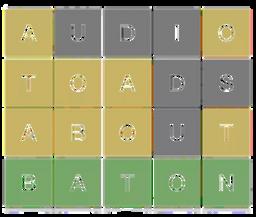
Wordle is a word game made by The New York Times, and currently it’s kind of a craze. The rules are simple, enter a five letter word, yellow letters are letters in the word but not in the right place, green letters are in the word and in the right place, and grey letters are not in the word. The goal is to guess a pre-selected word in under 6 guesses.
Wordle changes every day, so try to complete it in fewer and fewer guesses each time!

The Thesaurus
James Fong 503A thesaurus is a book of synonyms containing every word and its synonyms. It’s a very useful tool, and I believe it’s very underrated. In this article, you will learn a bit about the history of the thesaurus.
Peter Mark Roget created the thesaurus. When he was young, he read many books and one day wanted to write a book of his own. The book Roget was writing wasn’t a normal book. It started off being a book of English words and their Latin variations. Later, the book became a book of English words and their synonyms. When Roget got older, he developed his thesaurus into a full book. The success of the thesaurus wasn’t immediate, but it quickly gained traction. People were racking the shelves to get their hands on a copy of the thesaurus. It was a very popular book! Today, thesauruses are mainly online and are accessible to anyone with a computer and internet, though it’s nice to imagine what it would be like to get a thesaurus when Roget lived! Source
Taylor Swift's new album
YupiFinley703The Tortured Poets Department
Taylor Swift announced her new album on February 4, 2024, called The Tortured Poets Department.
Release date: April 19, 2024
Label: Republic
Producer: Jack Antonoff
**Note: the picture above is not the album cover of The Tortured Poets Department
Boeing747
IshanRajput704
TheBoeing747wasthefirsttwo-storey aircraftlaunchedin1968bythe commercialairline.TheBoeingaircraft wasextremelypopularbecauseofthe famoustwo-storeydesignWhilethe hypewastheplane,theymadethe7478F,whichisacargoplane.Itsfirstflight wasonFebruary9th,1969,anditwas soldtoPanAm.Thepassengerplane waslaterdiscontinuedin2023,and veryfewairlineshavethisaircraftin passengerform.
The only companies with the 747 are Air China, Korean Air, Lufthansa, Asiana Airlines, and Saudia
The plane was discontinued because there was a bigger, better, longer plane than the Boeing: The Airbus A-380, a two-storey aircraft with showers, bedrooms, and much more. Companies stopped buying the 747 because people were after the A380. Now the two planes are retired, and there are no two-storey planes in the market anymore
Will they make more two-storey planes? Or will a new company come into action?
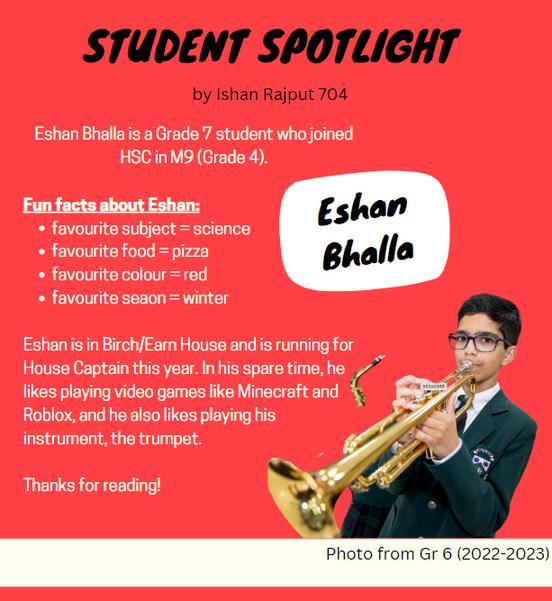
Fun facts
Theybuilt1,574747planes
Thewingspanofa747is68 metres
Thelengthis74.2metres

The sources were from the Boeing 747 National Geographic film and my own prior experience of flying, seeing that the 747 is now used for cargo and select flights
Apple AR Glasses Coming Soon
Shawn Zheng 603For those who don’t know. Apple is releasing new AR glasses. “AR” stands for “augmented reality”. Augmented reality enhances graphics onto real-time objects that only you can see. For better context, it is basically VR but not a giant headset, and you can walk around freely. You can call people, take pictures, and check the weather and time. You can also get notifications from your phone. This new device might be released between 2025-2027.
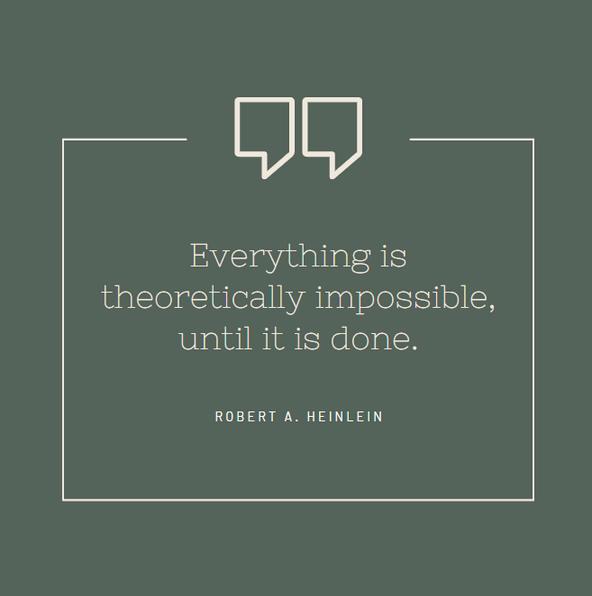






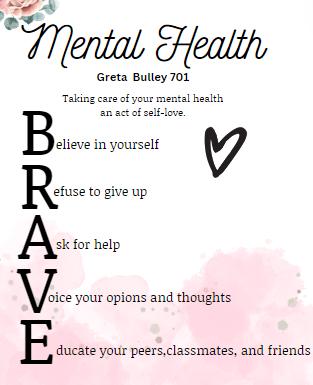
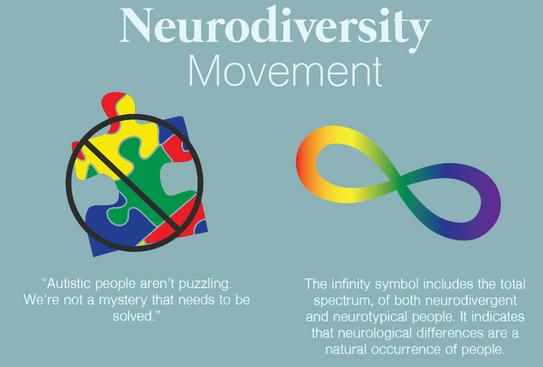
TISM REN NT
EvangelineMorrison803
Hello, everyone! In celebration of Autism Awareness Month, I’m here to share some information about the images used to symbolize autism
Puzzle Piece(s) Symbol
What it means: The puzzle piece(s) symbol is actually the logo for a controversial organization, called Autism Speaks. Despite how it may have evolved by now, originally Autism Speaks was created to ‘cure’ autism, implying that autism was a problem to be solved
A brief history: The Puzzle Piece was created in 1963 and was originally green with a child crying on it A puzzle piece was used because autism was a puzzling condition and not much was known about it When the symbol was adopted by Autism Speaks, which started in 2005, it was changed to blue because, for a very long time, it was thought that only boys could have autism. Just three years ago, the logo was transformed again, and Autism Speaks took the ‘cure autism’ message out of their mission statement eight years ago, in 2016
The puzzle problem: Many autistic people still feel that the puzzle piece implies that they are missing something or are a puzzle needing to be fixed Up until 2022, when Autism Speaks came out saying that it was not meant for that purpose, many autistic people found it hard to believe. This is because, when asked to change the logo after many autistic people and disabled organizations complained, they originally responded:
“The blue Autism Speaks puzzle piece has had a huge influence on raising awareness of autism around the world, which is why we believe it is still a worthy and effective logo It represents the search for answers that will lead to greater understanding and acceptance of people on the autism spectrum, their diverse challenges, abilities and strengths ”
For many autistic people, this can make us feel like we are less than human, as it implies that it represents the search for answers---as if we are a puzzle that’s missing a piece or a

puzzl produ is a vi cancer and that it will ruin your life; they are also responsible for another distressing video, called “Autism Everyday”.
The treatment problem: Autism Speaks also supports ABA therapy, which many people have spoken out against using ABA therapy stands for Applied Behavioural Analyses If this sets off red flags for you, that’s because it should On their official website, this is what they claim:
“The methods of behavior analysis have been used and studied for decades. They have helped many kinds of learners gain different skills – from healthier lifestyles to learning a new language. Therapists have used ABA to help children with autism and related developmental disorders since the 1960s.” - Austism Speaks
On the surface, this might seem fine, but I would like to point out that they have been using this since the ‘60s, and it is out of date:
About Applied Behaviour Analysis (ABA)
Applied Behaviour Analysis (ABA) is an approach to understanding and changing children’s behaviour
ABA aims to help children increase positive behaviour and reduce negative behaviour It does this by reinforcing or rewarding positive behaviour so that it’s more likely to happen again Negative behaviour doesn’t get attention, which means it’s less likely to happen again This approach is based on a theory of learning called behaviourism
ABA is also used to look at the triggers and consequences of children’s behaviour This information can be used to develop strategies that help children learn new skills and behaviour
ABA can be used with autistic children and children with developmental disabilities raisingchildren net au

Ignoring negative behaviour is something that is incredibly harmful. For example, if you were hungry and were complaining that you were hungry and your parents didn’t do anything, they would be ignoring the negative behaviour of you complaining and not looking after your needs. When that happens, parents are charged with neglect, but when people do it to disabled individuals, no one seems to care. I have seen autistic people who have gone through ABA therapy, getting their communication devices taken away, along with other things that help them.
The Infinity Symbol
A better alternative to the puzzle piece is the infinity symbol There are two types of infinity symbols:
The rainbow infinity symbol represents diversity among neurodivergent people, and the gold infinity symbol represents the diversity of autistic people.
The gold colour represents hope for a better future, and the infinity symbol, much like the rainbow infinity symbol, represents diversity and the infinite ways autistic people can be different
The rainbow infinity symbol is more commonly used among autistic communities, as the symbol was created for autistic pride but has become broader to include everyone with neurodivergence.
Note: Other disabilities also have symbols like the rainbow butterfly being for people with ADHD.
Sources:
In the loop about neurodiversity
Autism journal abandons puzzle piece
A heart for all students
Autistic advocacy

NEURODIVERSITY
MOLLY MA 803
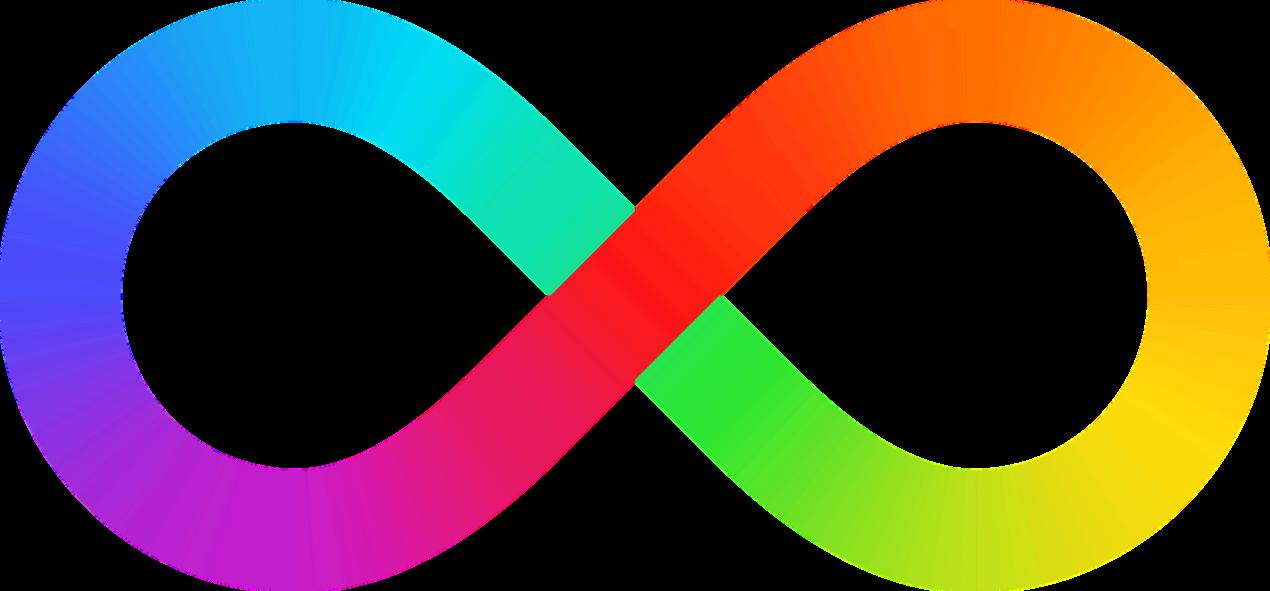
NEURODIVERSITY DESCRIBES THE IDEA THAT PEOPLE EXPERIENCE AND INTERACT WITH THE WORLD AROUND THEM IN MANY DIFFERENT WAYS; THERE IS NO ONE "RIGHT" WAY OF THINKING, LEARNING, OR BEHAVING. DIFFERENCES ARE NOT VIEWED AS DEFICITS
THE WORD NEURODIVERSITY REFERS TO THE DIVERSITY OF ALL BRAINS, BUT IT IS ALSO OFTEN USED IN THE CONTEXT OF AUTISM SPECTRUM DISORDER (ASD) AND OTHER NEUROLOGICAL OR DEVELOPMENTAL CONDITIONS, SUCH AS ADHD OR LEARNING DISABILITIES

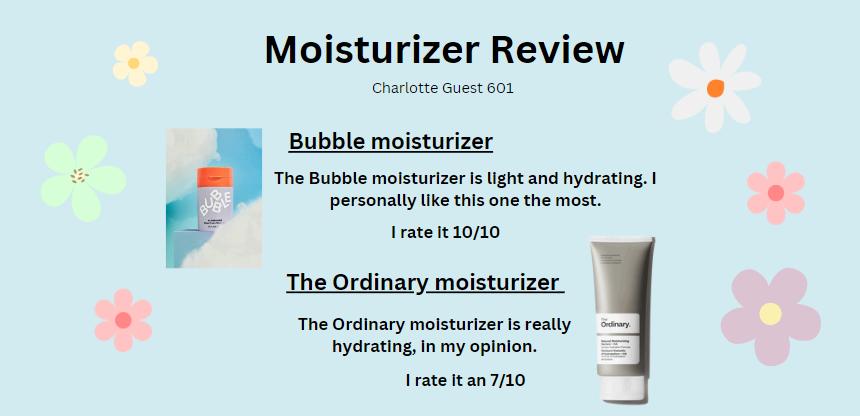
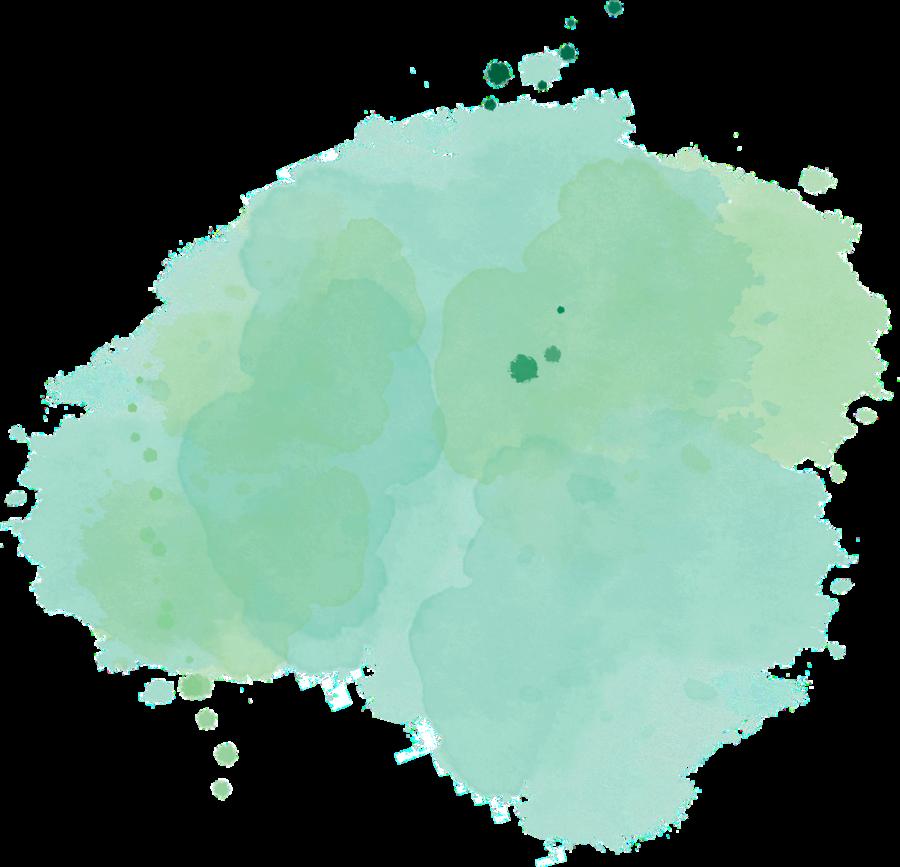


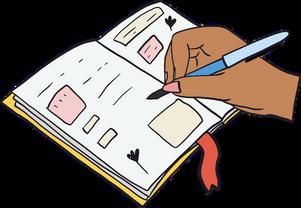
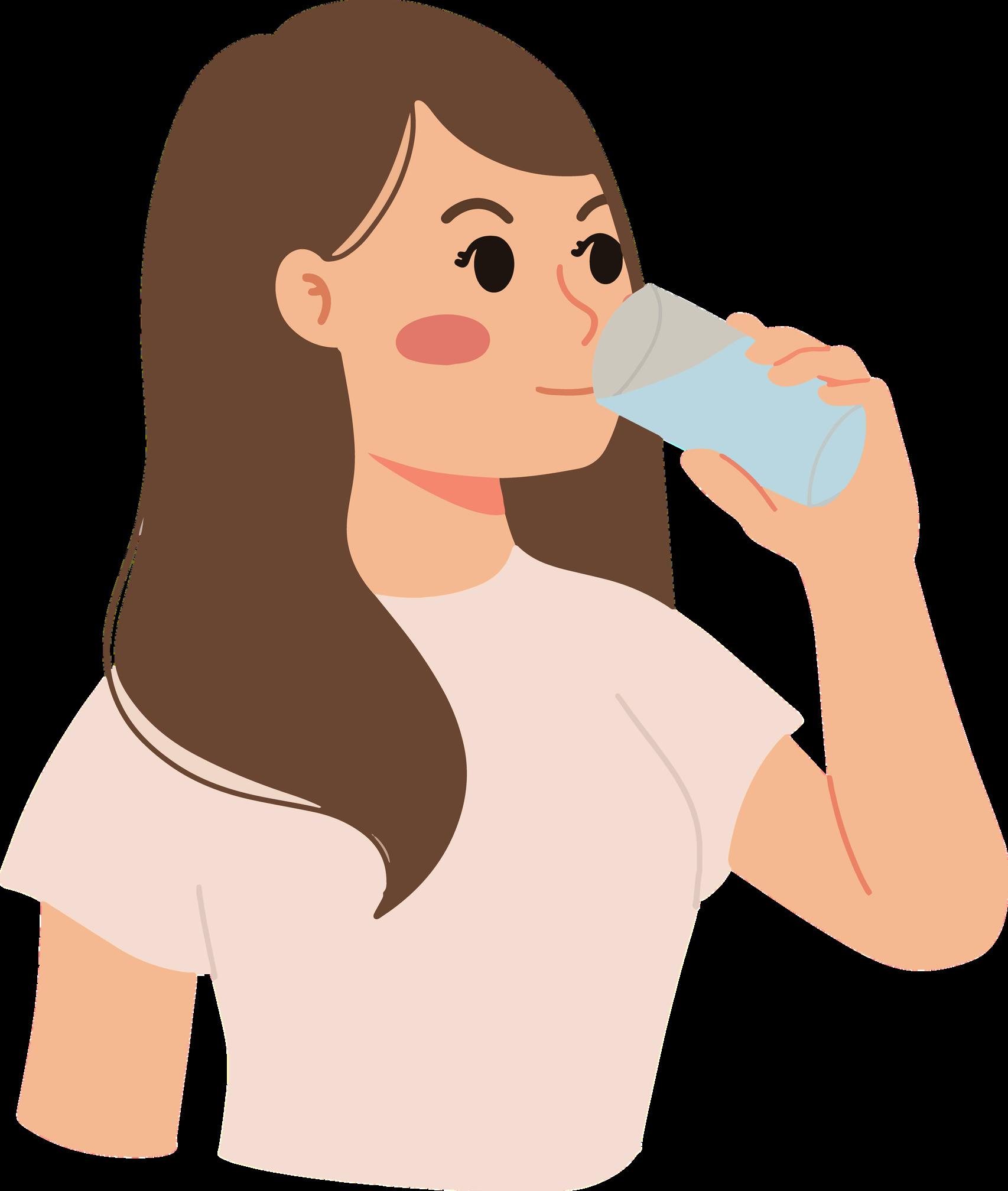

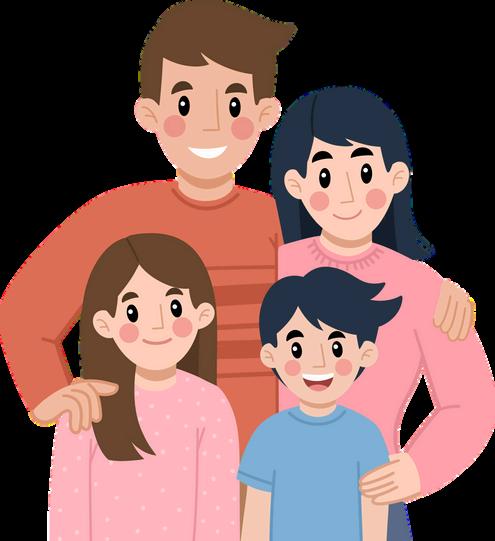
StressorAnxiety

vs

Externalcause Internal
Responsetoa realthreat Unlikelyevents andresponses
Couldhavea positiveornegative impact Bodilyresponse tothreat
Reactionto stress
Goesawaywhen threatpasses
Interfereswith life
Canpresentasa constantfeelingof dreadornervousness
Stressandanxietycanhavesomeoverlappingsignsand symptomsbutaretwoseparatethings.
NutellaToastPies
Ingredients:
Nutella
1 teaspoon of milk
1 egg
Air fryer
Instructions: Today’sRecipe!
In a bowl, whisk 1 egg and 1 teaspoon of milk.
Cut off crusts and imprint the middle of a piece of bread with your fingers and fill it with Nutella

Brush with egg wash edges, fold in half, seal with a fork then brush tops with egg wash
Set the air fryer to 350 degrees Fahrenheit/180 degrees Celsius for 5 minutes (wait until crisp and golden)
Optional (drizzle with Nutella) Enjoy!
CupcakeRecipe
Katie Stubbs 705
Source link


Ingredients
1.
Line a 12-hole muffin tray and preheat the oven to 375 degrees Fahrenheit.
2. Using an electric mixer, mix the butter and sugar together. Make sure that the butter is room temperature. One at a time, beat in the eggs.

2 cups of flour
1/2 tsp of salt

3 tsp of baking powder
1/2 cup of butter
3/4 cups of sugar
2 eggs
1 cup of milk
1 tsp of vanilla
3. In a different bowl, mix together the flour, salt and baking powder.
4. Add the flour mixture to the butter mixture and mix well.


5. Gradually add in the milk and vanilla and mix well.
6. Pour even amounts into each pan and bake for 18 minutes.


StrawberryCheesecake Bars
Ingredients:
5heapingcupsfresh strawberries,,hulled andquartered
1/4cupgranulated whitesugar
1teaspoonvanilla extract
3Tablespoons cornstarch
1cupallpurposeflour
3/4cupold fashionedoats
2/3cupgranulated whitesugar
2/3cuppacked brownsugar
1/2teaspoonsalt
3/4teaspoon cinnamon
1/2cup(1stick) buttermelted

Instructions: Preheatovento350degrees. Greaseadeepdish,pieplate orlargebakingdishwith butterorcookingsprayand setaside
Catey Chan 702 Source

Mixthechoppedstrawberries andsugarinalargebowland stiruntilthestrawberriesfully absorbthesugarAddin cornstarchandvanillaextract andstiruntilallofthe strawberriesareevenly coatedPourintothebaking dish. Inaseparatebowl,combine theflour,oats,brownsugar, granulatedsugar,salt,and cinnamon.Pourinthebutter andstiruntilwell-coatedand crumbly.Sprinklethecrumb mixtureevenlyoverthetopof thestrawberries. Bakeinthepreheatedovenfor 35-40minutesuntilfruitis bubblyandtoppingisgolden brown.
Easy Mochi


Ingredients:
Ice cream ( of any flavour)
Mochiko
Starch
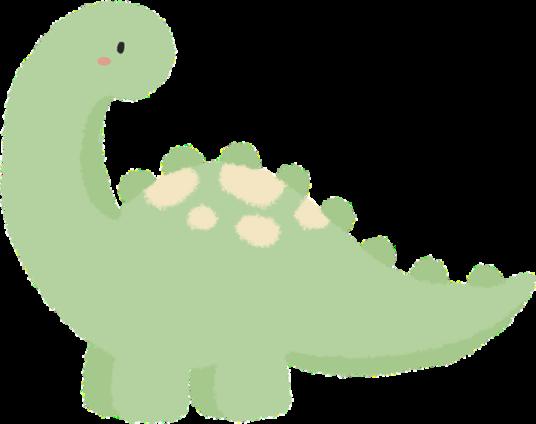
Instructions:
Let 2 scoops of ice melt in a bowl
Mix in 1/3 cup of mochiko
Put clear plastic wrap over the bowl and poke holes
Microwave for 1 minute, take out and mix, and then microwave for 45 mins
Take out and knead in the starch
Spread out and cut into 4 pieces
Put a scoop of ice cream in the mochi skin
Freeze for two hours
Enjoy!
APRIL IS NATIONAL POETRY MONTH
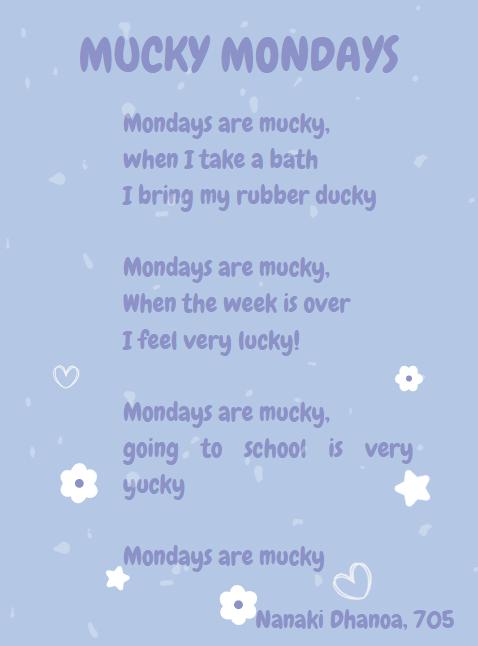

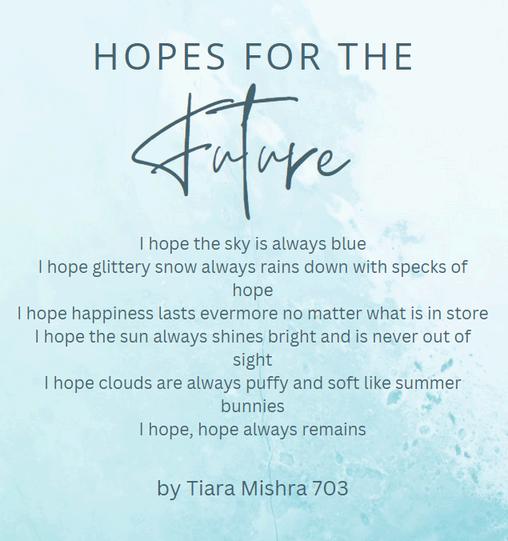

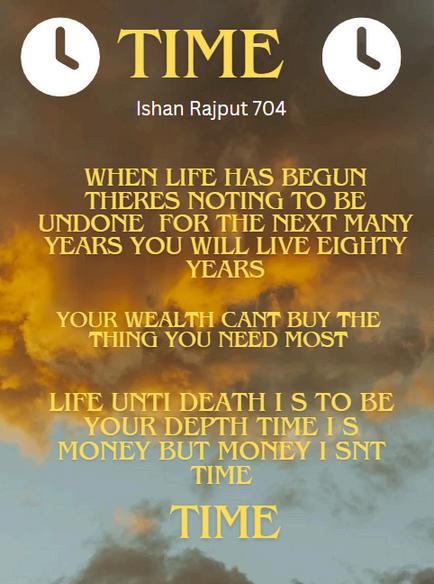
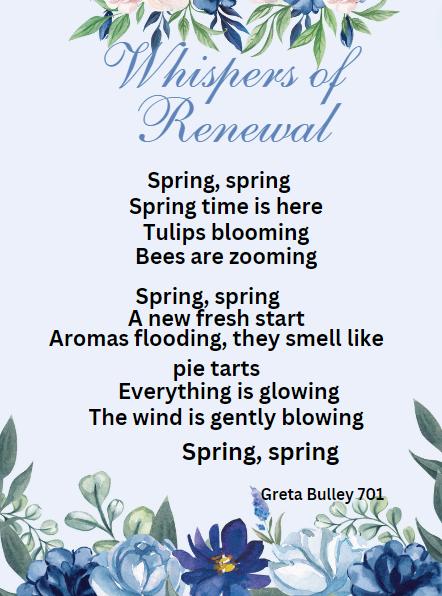

THE GRADE 6S HAVE BEEN DOING..
LOCKER POETRY
CLAIRE MITCHELL 603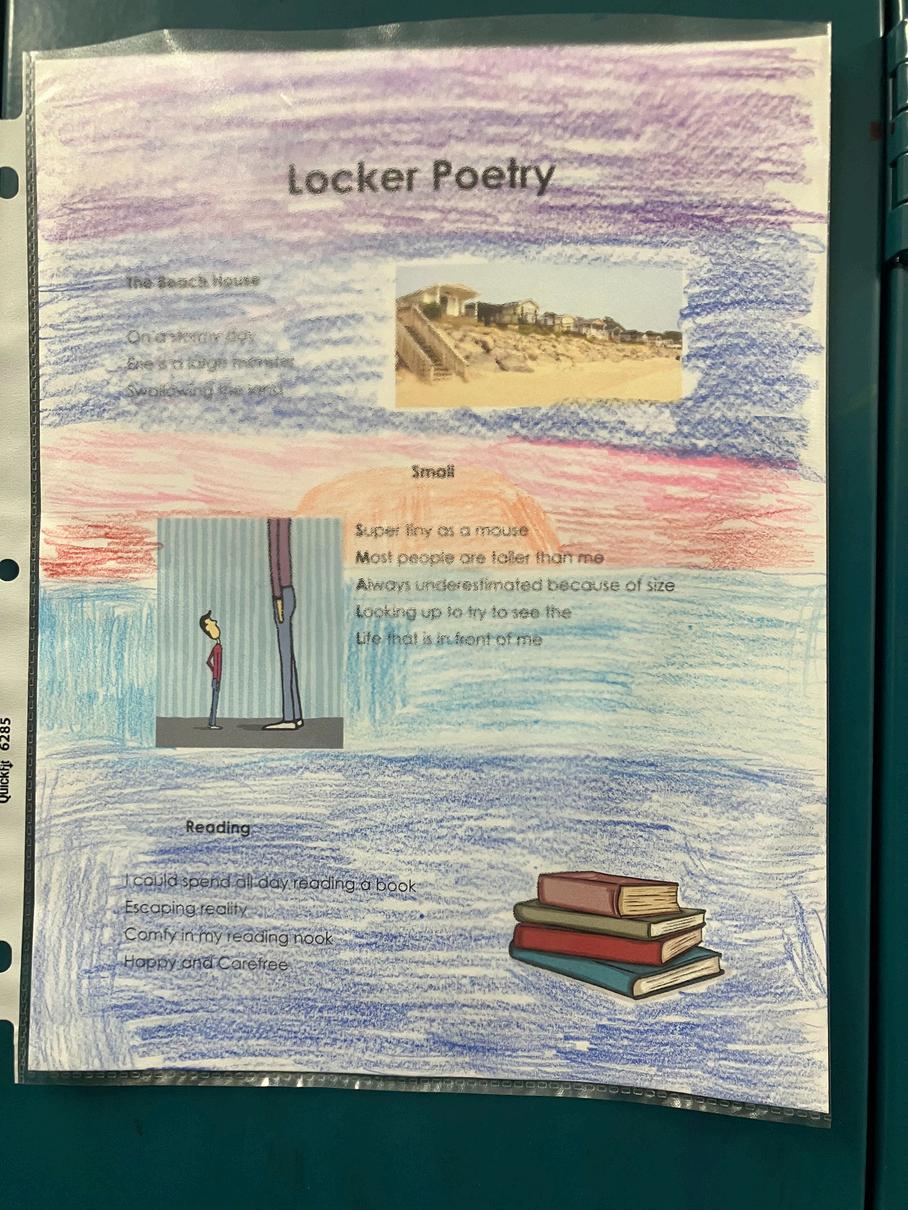
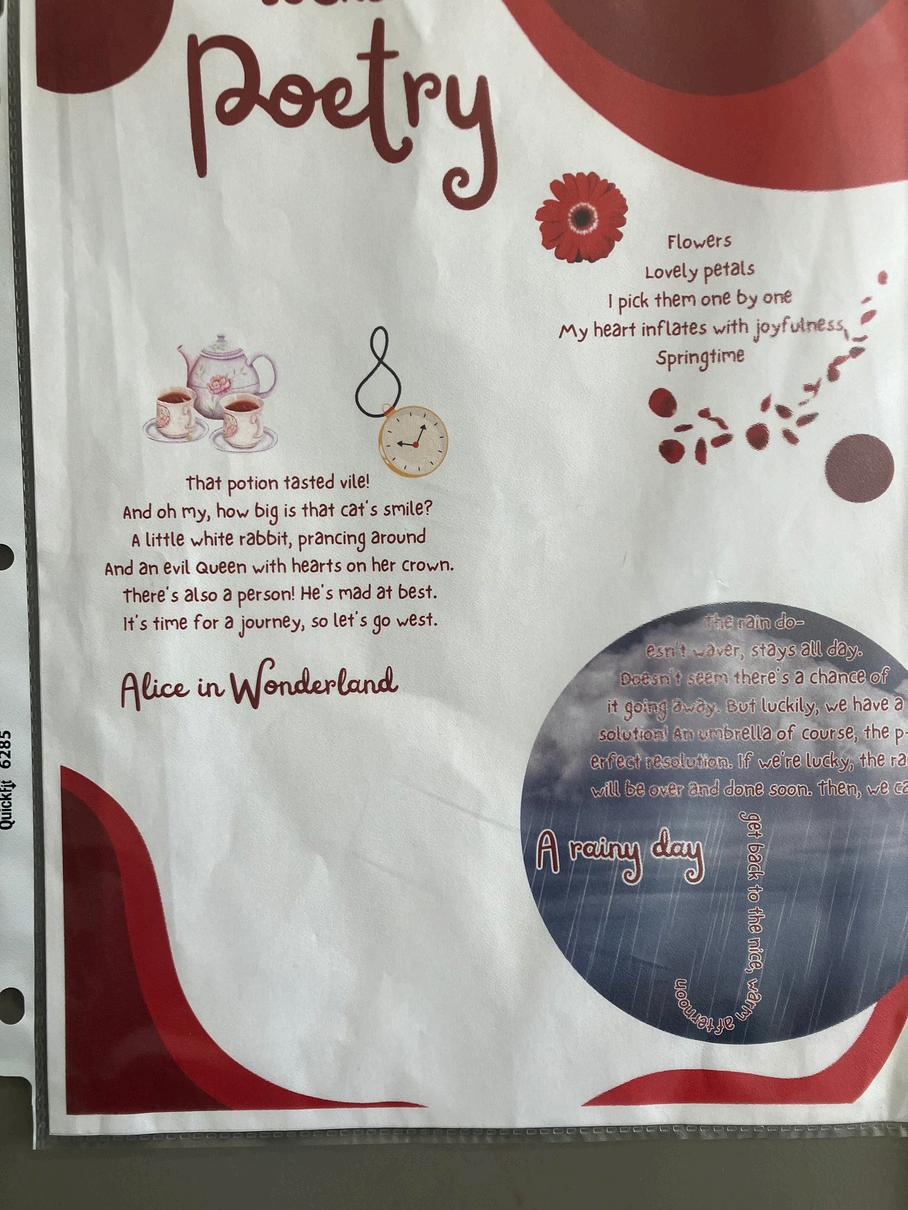
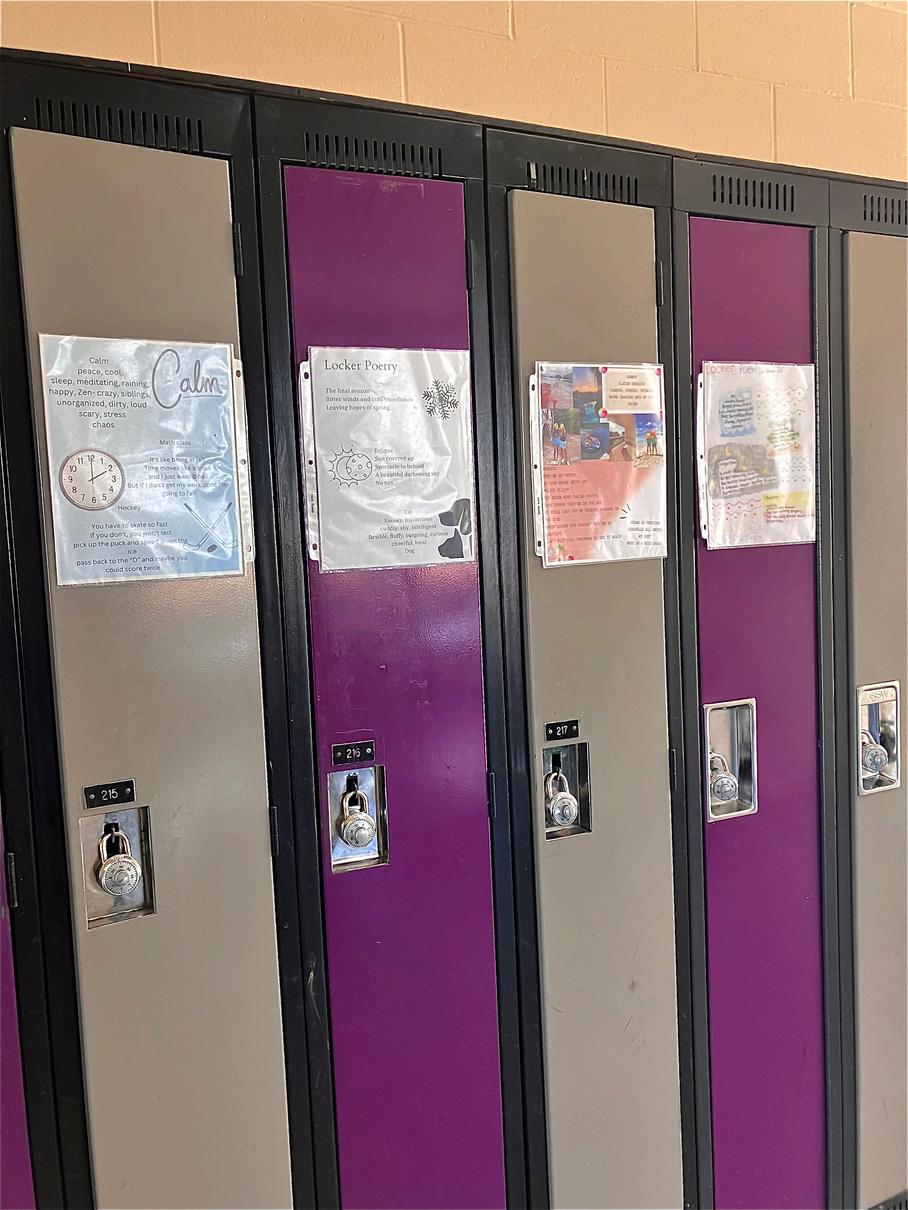


Violet Eye
ISABELLA ZENG 602


First off, yes it is possible to have violet eyes and some people do have violetcoloured eyes. Why do some people have violet eyes? This comes mostly from the amount of melanin and genetics, but it can also come from albinism. Albinism is a genetic condition that causes smaller amounts of melanin in your body. Most people with albinism have blue or brown eyes, however, you can have purple eyes. This can also make your eyes appear reddish in the light. However, you don’t need genetics and albinism to have purple eyes, as instead you can wear contacts to show eye colours you normally wouldn’t have.
Source

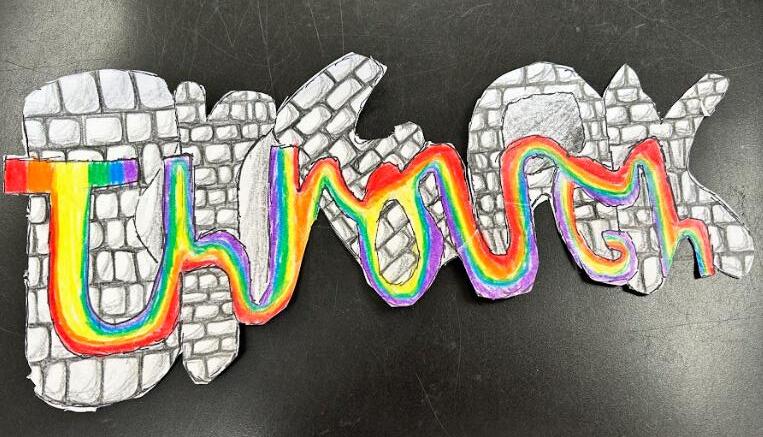

CreativeWritingPrompts
1. After a freak accident, your arm is replaced by a robotic arm with special enhancements. What can it do?
2 You are touring the pyramids when you accidentally wake an Evil Magic Pharaoh from long ago. What happens next?
3. You have the power to make inanimate objects come to life. One day, one of your animated objects steals your power and threatens to destroy all life. What do you do to stop them?
4 You are a genie trapped inside a lamp for 500 years Today, someone finds your lamp and wishes to free you How do you respond to the modern world?
5. You and (possibly) your best friends get trapped inside a video game. You each only have four lives left, no way to get more, and the only way to get out is to defeat the final boss. Describe what happens for you to survive.
6 You have always dreamed of growing wings, and one day, you will gain the power to give wings to anything you touch. The problem is that the power doesn’t work on you. What do you do? (Ex: use the power a lot, find a way to get wings, etc...)
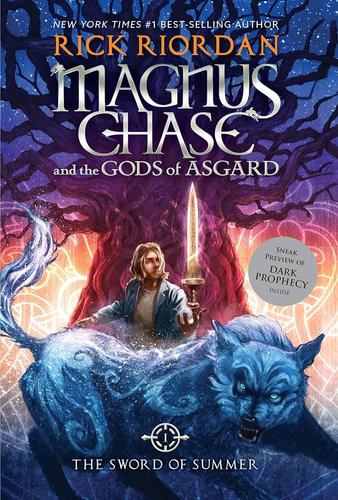
The Sword of Summer had lots of humour, and the plot was very interesting. However, some parts of the book were quite bland and others don’t make sense. I feel that since Percy Jackson was really popular, Rick Riordan decided to make a similar type of book but with a different mythology. I would recommend this book to kids aged 10-13. Overall, I would give the book 4.3 stars.


Book Reviews
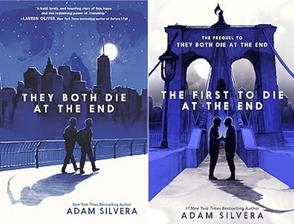
OVERVIEW:
They Both Die at the End & The First to Die at the End
I give them a rating of... 8/10.
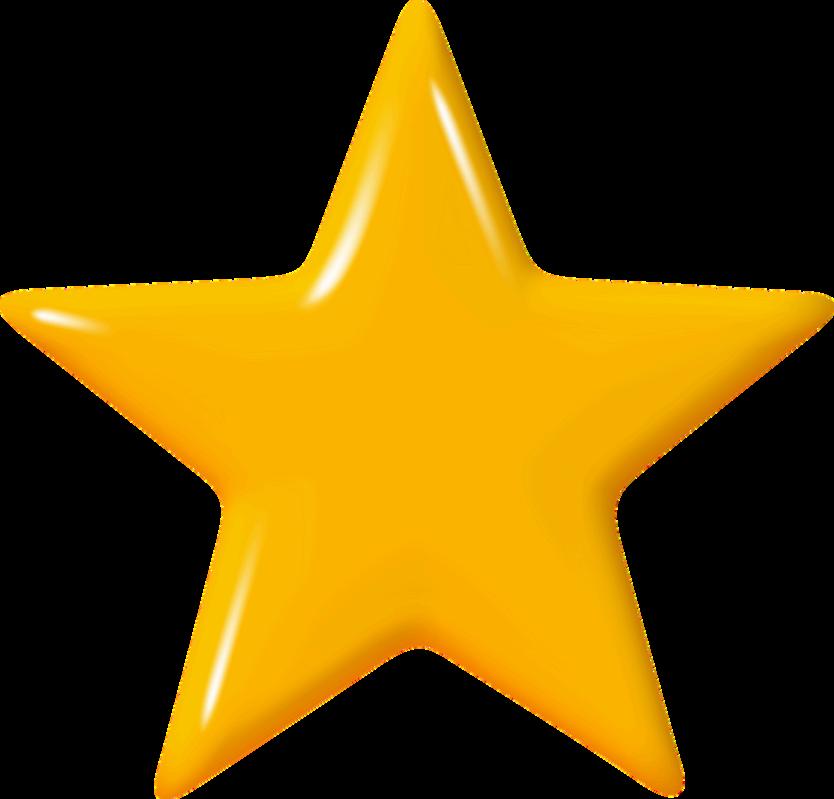
TheyBothDieattheEnd’splotcentresaroundMateoandRufus,twototalstrangerswhowilldie together. WithjustasinglephonecallfromDeath-Cast,MateoTorrezknowsSeptember5thwillbe hislastday Withhisdadinacomaandnomother,hefeelshewilllivehislastdayalone Rufus Emeterioistoldthesamenews,whileheisstillheartbrokenoverhisex-girlfriend.He’sbitterandsad thathewon’tbewiththegirlhestilllovesonhislastday
Bothofthemjoinanappcalled‘LastFriend’andmeetuptolivethelifethey’llsoonmiss.
TheFirsttoDieattheEndcentersaroundthefirstnightofDeath-Cast.Noonereallybelievestheir story.Everyonehasthesamequestion:isDeath-Castevenreal?Inthisbook,aboy,Valentino,finds outhewilldie.HecrossespathswithOriononenightinTimesSquare,andtheyformadeep connection.WhileOrionhasbeenwaitingforsomeonetotellhimhe’sgoingtodiehiswholelife, Valentinostillhashislifeaheadofhim.
Neitherknowshowtheirdaywillendorhowtheywillspendit.
REVIEW:
Ilovedreadingthesebooks.Thestoriesraisealotofquestions,themainonebeing,“Howwould youspendyourlastday?” Butthewaythewritingmakesyoufeelthehopelessnessand heartbreakandangerandsadnessisjustperfect. It’saddictivebecause,witheverypageturn, thecharacterscouldliveordieorthewholestorycouldgoadifferentdirection.ThewholetimeI wasreadingit,allIcouldthinkwasiftheyweregoingtoprovethetitlewrong. IalsolovetheLGBTQ+representation.Whileit’snotahugepartoftheplot,Ilovehowcasuallyit’s justincluded.It’snotastoryaboutpeoplecomingout,butit’sjustintegratedintothestory.I thinkalotofLGBTQ+booksshouldbelikethat,becauseit’snotoutoftheordinary Writingand speakingaboutdiverseidentitiessocasuallyhelpsitjustfeellikeanormalandtotallyaccepted partofsociety,likeitshould!
These books do have some mature language, so I’d recommend them mostly to Grade 7s and 8s. These books keep you on your toes and make you wanna cry. Rating: 8/10.

TOPMOVIETOWATCHIN2024
BYKOLAOGUNKOYA706
SONIC THE HEDGEHOG 3
You should watch the first and second movies before this one to understand what is happening and who these people are. Sonic the Hedgehog 3 came out on December 20, 2024, and I really looked forward to it because I watched Sonic 1 and 2 and thought they were absolutely amazing. There was some of the best storytelling ever and a plot twist at the end with a clip of Shadow the Hedgehog, and at the end of the first movie, a clip of Tails.
Before it came out, there wasn’t much known about the movie, but we do know that Shadow will be in it and Tails, Sonic, and Knuckles will all be reappearing in the movie. Also, since it’s a movie of a very popular game series, there was a lot of hype about the first and second movies. I think we’ve all seen a lot of hype for this movie, too.
I believe this could be the best movie of 2024. I really enjoyed all the other movies, and I watched them with my family. They liked it too, so I was excited for it to come out, just like other fans.
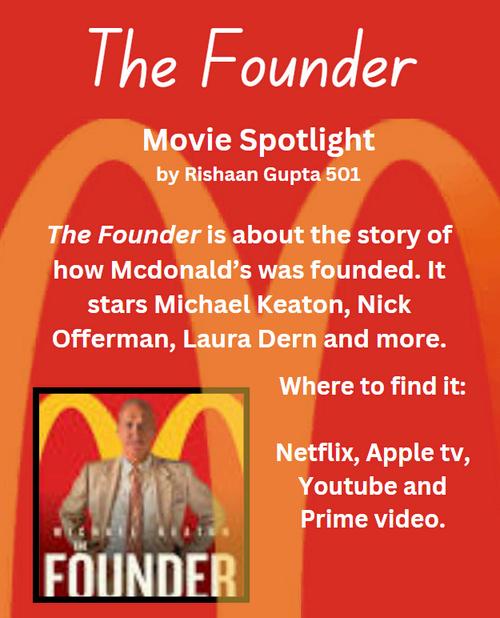
BASKETBALL
Rishaan Gupta 501Have you wondered how to play basketball, the rules of basketball, or some great facts about basketball? Well, you came to the right place!

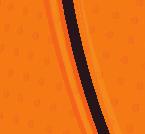


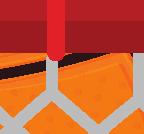
802
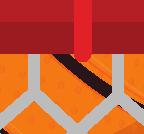

There are many rules in basketball, but here are some of the most common ones. Rule One: no pushing. Rule Two: you are not allowed to walk with the ball - you have to dribble the ball. Rule Three: you are not allowed not to block somebody's goal when it is about to go into the net. Rule Four: if you tie the game, you play overtime for five minutes.
Historyofbasketball
TheNBAstartedin1949.Beforethat,therewere3majorbasketballteams,waswheretheNBL,which standsfortheNationalBasketballLeague,In1998MichaelJordanwaspaid$33,140,000bytheChicago Bulls.In1999theNBAmadetherulethatnoplayercanmakemorethanawholeteam.If1999turnedinto 2023,MichaelJordanwouldbemaking$120,000,000.Thehighest-paidathleteisStephenCurry,whomakes $48,070,000 In2022theWarriorshadthehighestpayrollandwonthechampionship Inthelast30years, thehighestpayrollteamsintheNBAwonthechampionshipfivetimes.Thisprovesthatmoneycannotbuy championships.
Didyouknow?
1)OnlyfiveNBAplayersinhistoryhavewonfivemoreMVPSthanWillisRendinhistory.
2)Thetopfive NBAplayersinhistorybasedonthenumbersareMichaelJordan,KobeBryant,Stephen Curry,LebronJames,andBillRussell
3)MichaelJordanhaswonsixNBAchampionships.PhillJacksoncoachedMichaelJordan,ScottPippin,Kobe Bryant,andO'Neal.
4)In1995theBulletschangedtheirnametotheWizards.
5)ThereisonlyonepersonintheNBAwhoshootsunderhand,andthatisYeaOnuaka
6)ThemostfoulsinNBAhistoryhavecomefromtheWizards.
7)nthe1993playoffs,MichaelJordanscored663goals.
8)JohnStocktonscoredabout20,000pointsinhiscareer,butLebronJamesscoredthemostinthehistory oftheNBA.
9)In2022MichaelWestbrookreinventedthetriple-doublein38days;hehaddonethemosttriple-doubles inNBAhistory.Thisalsomeansheholdstherecordforashorttimetogetarecord.
10)ShaunLivingstonplayed952gamesandonlymade15threepoints.
11)MichaelJordanplayedonabaseballteamforacoupleofseasons.
Hope you enjoyed learning about the rules, history, and fun facts of basketball!
DebateCorner
BlueSkyTheory vsBlackSkyTheory
TiaraMishra(703)andCateyChan(702)Summary of my theory: Summary of my theory:
My theory is that a bright blue sky makes everyone happier and upbeat. Therefore, the day gets better and better. We have something so beautiful, wonderful and amazing to look at almost every day, and I don’t think we are grateful enough for it. What if tomorrow there were no more blue skies---they were gone, kaput, finis, finished, never to be seen again, the sky was grey forever---would you miss it d if h ? Did it make yo
If so, the






The black sky theory suggests that when the sky is black, there are fewer distractions, which leads to more efficiency and productivity. The night is calming, quiet, and the perfect time to get things done. The darkness leads to creativity, relaxation, and productivity. I have personally experienced this difference in mood and productivity, and I can attest to its truth.


Why it’s better:
A blue sky is bright, busy, aggressive, and is not calming. The black sky is the opposite, which is why it is the best type of sky.
ng form!
English Corner
AllAboutAlliteration!
Alliteration is when many words with the same starting sound are placed in a sentence or paragraph. Example: The great hornedowlgrabbedthelivelygraymouse
Butwhyisalliterationimportant?
Well, for starters, alliteration can help you feel the feelings that characters in a book feel, or in the case of poetry, help you feel the poem more Along with this, alliteration is a form of repetition, and it has a musical quality, which helps you remember things more easily. There’s a reason Coca-Cola isn’t called Coca-Soda If you examine other languages, you will find that languages like French focus most of their sound on the back of each word English, however, focuses on the sound at the front of each word This is perhaps why English uses alliterationeffectively.

Alliteration is most useful in poetry and song lyrics, but it is still useful in all forms of writing. One important thing to remember about alliteration in poetry is that you are trying to make poems, not tongue twisters Example: She sells seashells by the sea shore This is alliteration, but it was used in a certain way with many similar sounding words which causes it to become hard to pronounce.
Overall, there are many uses for alliteration Like other literary devices, it is important we learn about alliteration to improve our understanding of the English language.Ihopeyouenjoyedthisamazing alliteration article, and I hope you have anamazingday.
Source

le coin français
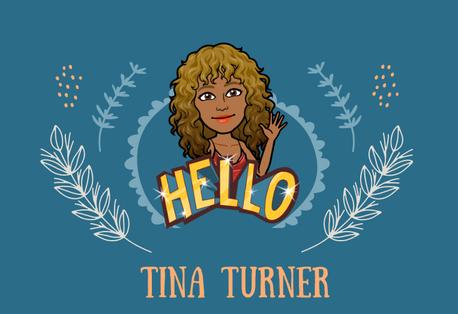
 byOliverZeiter703
byOliverZeiter703
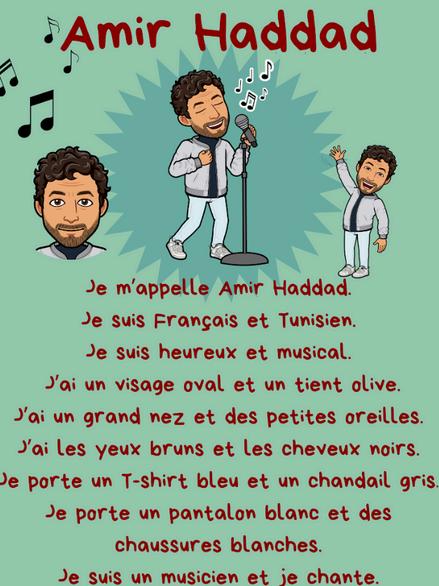
On aime la musique en classe de français !
Les septièmes ont eu le choix de rechercher des musiciens et chanteurs. Ils ont créé des affiches pour les introduire Voici les projets de quelques élèves
Avez-vous un musicien préféré ?
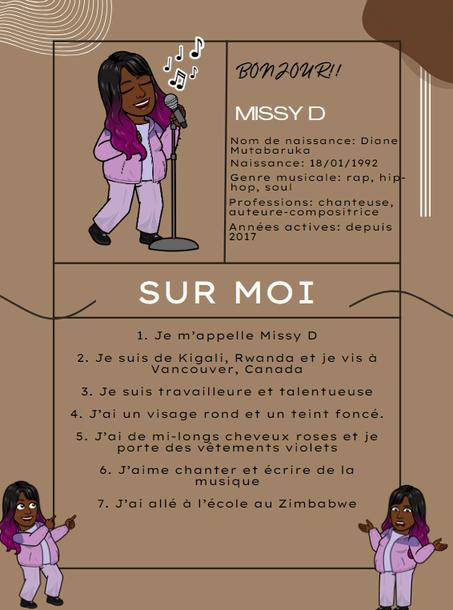 by
by

The Climate Corner
SPECIALEDITION! SPECIALEDITION! SPECIALEDITION!
AinsleyDouglas(605)fromTheGreenTeam
A Guide to Houseplants
Hello and welcome to the Climate Corner's Special Edition! This Special Edition is a guide to houseplants. Some plants are easy to care for and others are a little bit trickier
Easy-care plants

Name: Wandering Dude
Light: Medium to high light
Water: Once a week
Okay with Pets: No
Edible: No
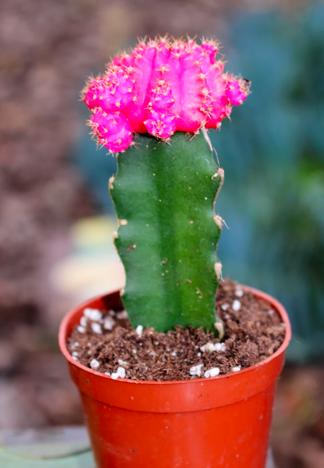


Moderate-care plants

Name: Crispy Wave
Light: Bright indirect light
Water: Moist soil, water 2 times a week
Okay with Pets: Yes
Edible: No
Extra-care plants

Name: Crocodile Fern
Light: Low light avoid direct light
Water: Moist soil
Okay with pets: Yes
Edible: No
Name: Cactus
Light: Full light
Water: Only when you stick your finger down two inches and it is dry
Okay with Pets: Most cactus are okay
Edible: No


Name: Frizzle Sizzle
Light: Bright direct light
Name: Majesty Palm
Light: Bright direct light
Water: Moist soil
water 2 times a week
Okay with pets: Yes
Edible: No
Water: Constantly moist
Okay with Pets: No
Edible: No

Math Corner
Ishan Rajput 704 Definitions
Integer: an integer is a number like (1,2,3,4 or -1-2 )
Attributes: the traits or the properties of a shape or an object
Grade 6
Benwantstomakeafarmthat’s45x45 metres.Whatwouldtheareabeforthefarm?
Grade 7
"Pure mathematics is, in its way, the poetry of logical ideas. "
- Albert Einstein
www.reallygreatsite.com
Billy-Bob has 6/7 of pizza. If Billy wants to store 7/8 of the amount of pizza he has, how much pizza would he have left to eat?
Grade 8
Samhas$76.34andwantstobuyafootballfor $54.34plus13%tax.Oncehepaysthefullprice withtax,howmuchmoneywouldhehaveleft?
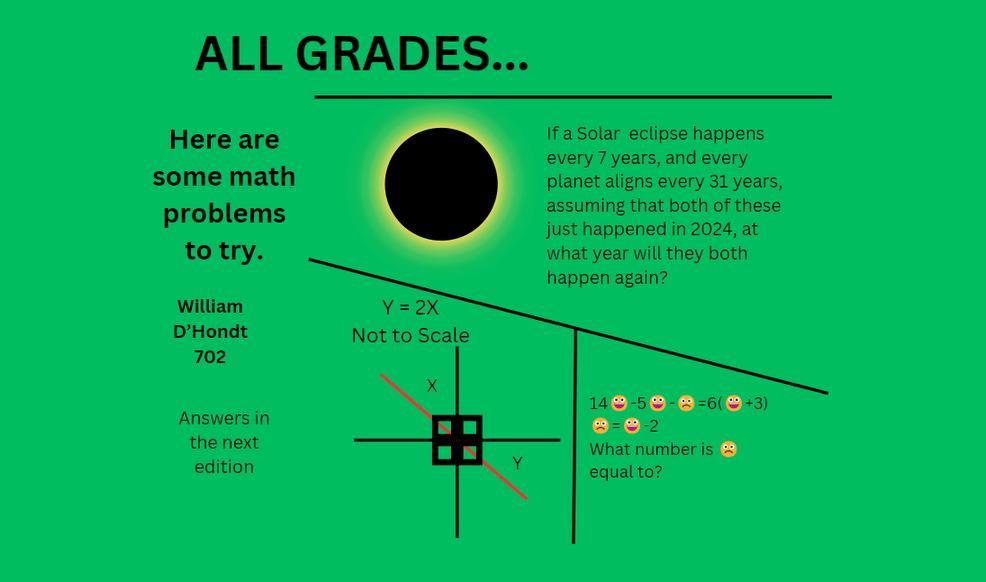
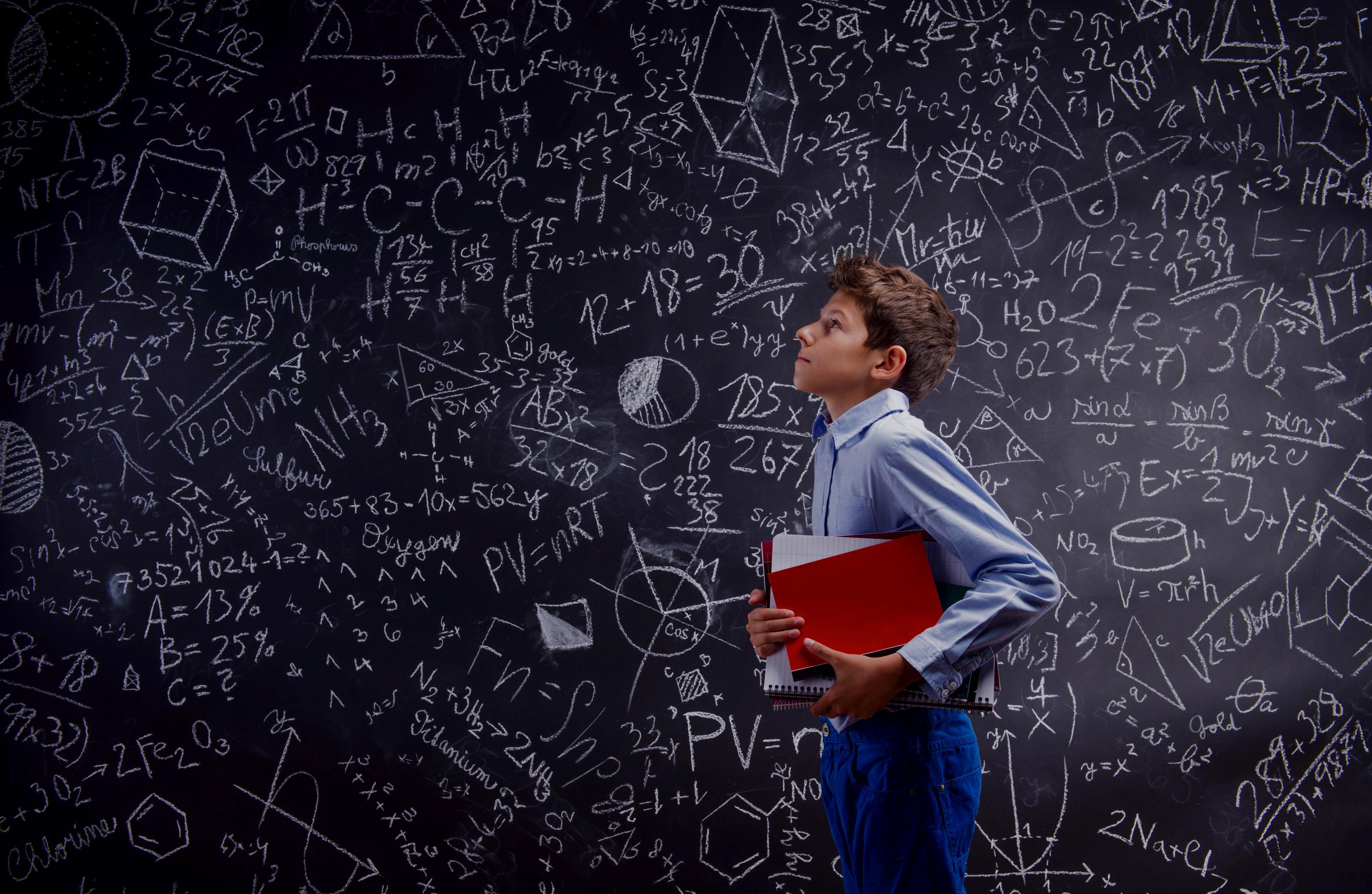
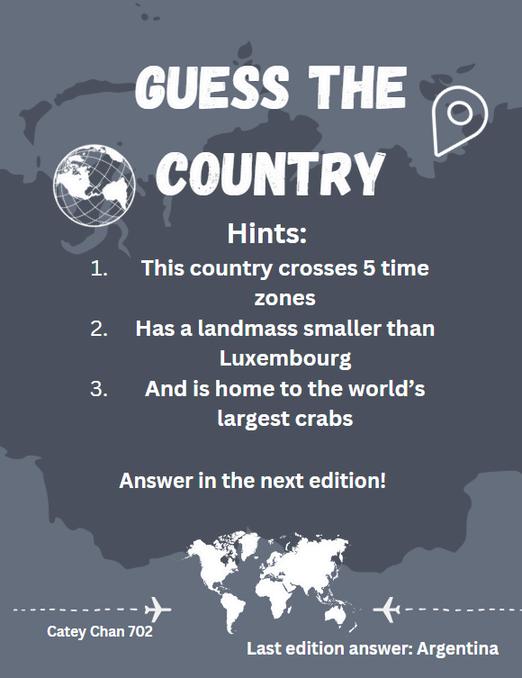
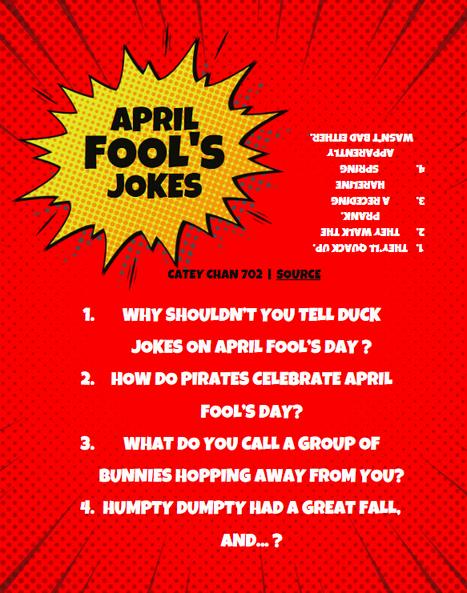
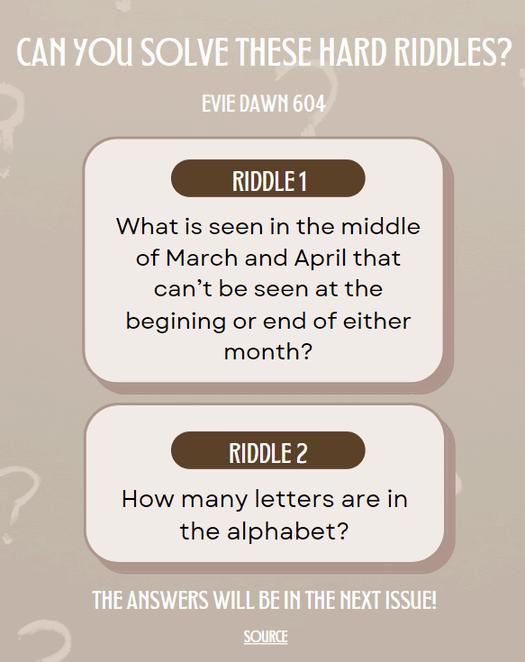
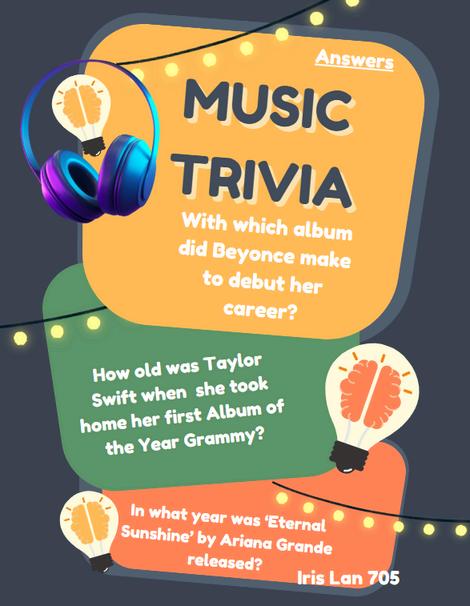
DEDUCTIVEPUZZLE DEDUCTIVEPUZZLE DEDUCTIVEPUZZLE Agesand
Clues:
Answers
George is 3 years younger than William 1. The oldest is born in December 2 Yupi’s birth month starts with J 3. 4. The J months are 2 years apart 5.Tiara is 13
6. The 12 year old is born in March
7. The oldest and the youngest’s birth months are 1 apart
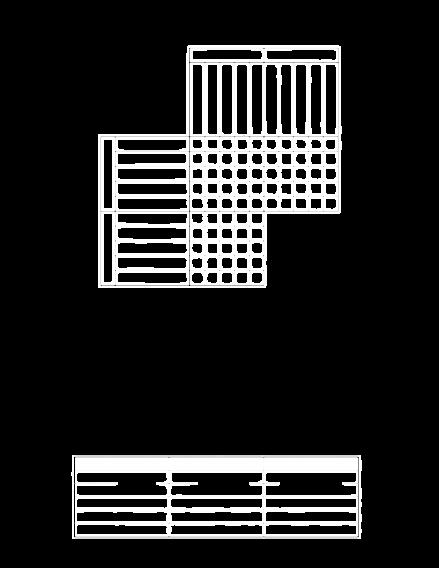
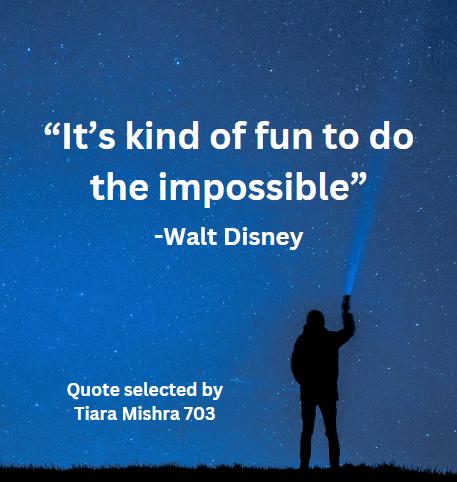
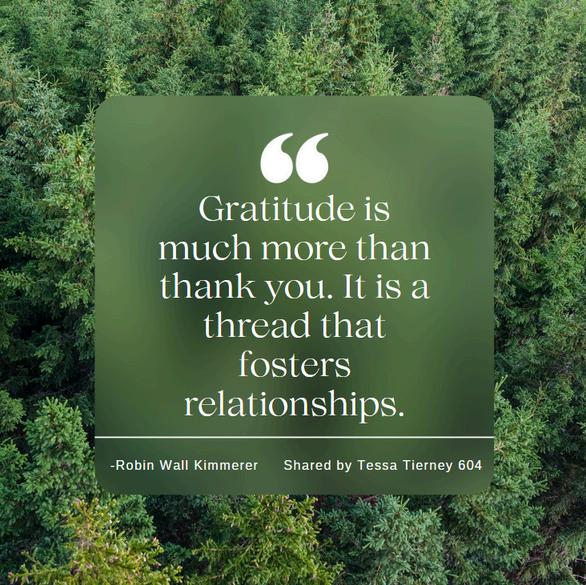

Minecraft April Fool’s
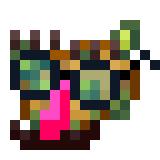
Over the years, Minecraft has released many updates. Most of them added amazing and not-so amazing new content (Sorry poisonous potato). These updates have added: mobs, biomes, dimensions, ores, gear, structures, and bosses. Most of these updates are memorable (the village and pillage update, the nether update, the caves and cliffs update), but some are less useful (yet still memorable in some way). That's right--I’m talking about the Minecraft April Fool’s Updates (You need the Java Edition of Minecraft to play). Although these updates don’t stick around, they add many cool, interesting, and completely useless items, blocks, mobs, and (maybe) dimensions. They are always a thrill to play, despite the fact that they’re utter madness!
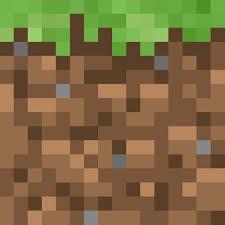
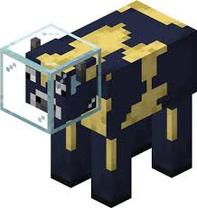
William D’Hondt 702
One Minecraft April Fool’s update is the Vote Update. This update allows players to vote for various (helpful?) items to be added to their world. Some of these items include: balloon cows to travel to the moon, gaining a random amount of certain items, inflatable heads, and more! This update is perfect for multiplayer games because, just like real voting, the majority votes decide which thing gets added. There are also many more options you can vote for!
The most recent April Fool’s Update is titled: The Poisonous Potato Update! (It finally got the respect it deserved.) In this update, you can put a special potato on your head, titled, The Poisonous Potato Plant.
With the help of this headpiece, you can travel to the potato dimension, collect potato items, and help beat a poisonous potato boss. At the end, you can see your completion time. Try to complete the potato version of the game as fast as you can. If you don’t want to race to the end of the game, you can still enjoy the potato inhabitants of the poisonous potato dimension.
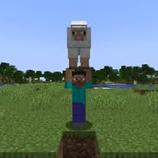



After reading this, you might want to try out one (or all) of these updates. Luckily, you can! While playing the Java Edition of Minecraft, open the installations tab, and find the April Fool’s Update of your choice. I have provided a list of four April Fool’s Updates. I haven’t named them, so they will be a surprise if you try one. Remember, there are more April Fool’s Updates than the ones I mentioned. Thank you for reading this article, and I hope you have a great day!


Bloons TD 6 is commonly known as a tower defense game, and the objective of the game is to pop the balloons with darts, magic, nails, or with ninja stars, so they don’t get to the other side. But don’t worry---you always start with 100 health! However, as the game progresses, the balloons will become stronger, faster, and much harder to defeat. The M.O.A.B. is one of the most powerful balloons because when only one M.O.A.B. gets through, then is game over!

But if you think that you’re doomed because of the balloons and M.O.A.B.s, well you go into tower defense game mode! The towers are separated into four groups: primary, military, magic, and the support monkeys. The strongest are the gatling monkeys and the druid. The most powerful path for a gatling monkey is the Ray Of Doom!
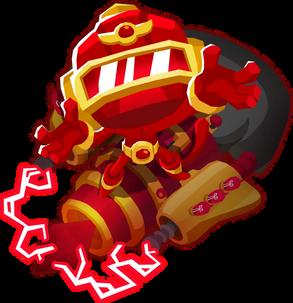
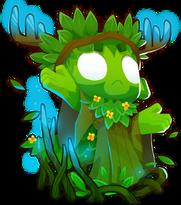
The strongest path for the druid monkey is the middle path because you turn into the Spirit of Forests! But maybe I am wrong--- the magic monkey might be the strongest, or it could be the sniper monkey.

WhomadeBloons?
NinjaKiwi,also knownas KaiparasoftLTD,isa mobileandonline videogame developer.He startedinAuckLand, NewZealand,in 2006.Thegamehe madebeforeBloons TD6,wasBloonsTD 5!HemadeBloons TD5onNovember 15th2012,thenon June18th,2018,he madeBloonsTD6!
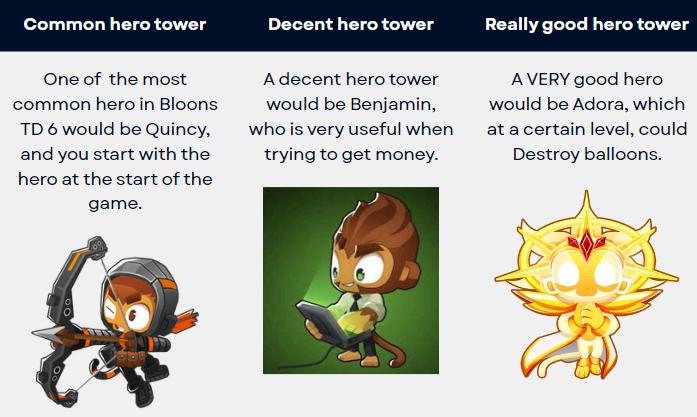
TheLegendofZelda: TearsoftheKingdom
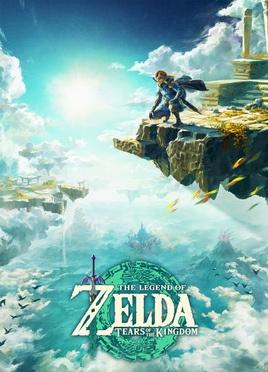 William D’Hondt702
William D’Hondt702
Tears of the Kingdom has been around for about a year, and it has been very successful ever since launch. If you have never heard of The Legend of Zelda series, it follows the classic tale of a princess named Zelda, who is captured by a monster, and needs a hero to save her Games follow Link in his mission to save Zelda. Tears of the Kingdom follows in The Legend of Zelda: Breath of the Wild’s footsteps as a survival game while bringing fresh, new ideas that mostly focus on one thing. creativity.
Tears of the Kingdom introduces five new abilities that allow you to do, well, whatever your heart desires. The first ability is called “ultrahand.” This allows you to take objects from the environment and use them in constructions. To help you with this are objects called “zonai devices.” These can be anything from wheels to flame emitters to wings. When you combine these with environmental objects, you can create whatever you can imagine. Some examples include: flame emitters that chase enemies, planes, rotating laser machines, etc. Ultrahand is one of the best abilities for unleashing your creativity with.
The second ability is called “fuse.” It allows you to put objects onto your weapons, shields, and arrows. It may sound simple at first, but it can create all kinds of crazy combinations. While simply fusing something sharp onto your weapon will increase its damage, fusing a mushroom onto your weapon will apply a bouncing effect. If you fuse a flaming fruit onto an arrow, you can set things on fire. Or by fusing a bomb flower on your
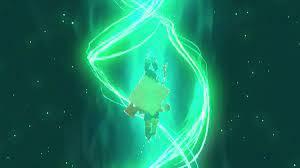
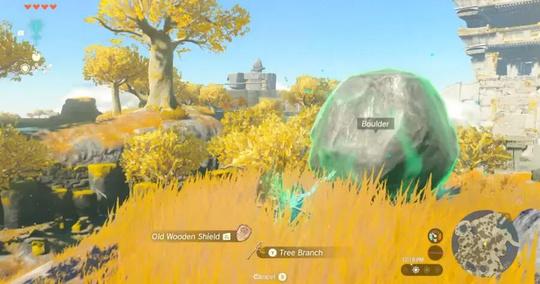
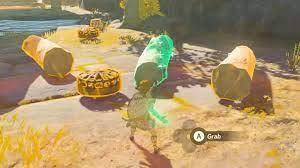
shield,well,youwilljusthavetoseeforyourself.The outcomeisgoodthough,Ipromise.Fuseisalsooneofthe bestabilitiesforcreativity.
Thethirdabilityiscalled“ascend ”Itallowsyoutopass throughroofsaboveyouandappearontopofthem.Itmay seemsimple,butitcanbeveryusefulinmanysituations. Therearemanypracticalusesforthis,butthereisn’tas muchroomtobecreativewithascend.
Thefourthabilityiscalled“recall.”Itallowsyoutorewind anobject'smovementsintime.Thiscouldbeassimpleas rewindingaraft’smovementstogobackwardsonariverto ascrazyasrewindinganenemiesthrownexplosivetohit them.Therearenotasmanycreativeusesforrecallas ultrahandandfuse,buttheresultscanbeunexpected. Idonotwanttospoiltheentirefifthabilityforyou.Iwillsay thatitworkswellwithultrahandthough.
TearsoftheKingdomcombinesstructureandstory perfectlywithfreedomandcreativity.Itallowstheplayerto trulydiscoverthegame.Sooverall,TearsoftheKingdomis anamazinggameifyouenjoyexploration,combat,puzzlesolving,andaboveall,creativity.Iwouldrateita5/5. There’salwaysmoretodoandseenomatterhowlong you’vebeenplaying.Ifyoudodecidetogetit,Ihopeyou enjoyitasmuchasIdo!
*BreathoftheWildisthepreviousZeldagame,lookingverysimilarandwithsimilargameplay.I havenotplayedBreathoftheWildpersonally,butIknowthemechanicsofthegame
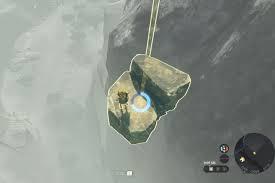
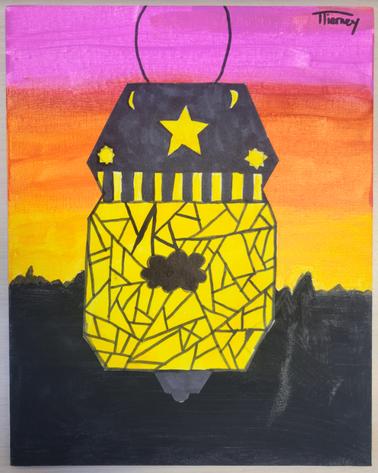
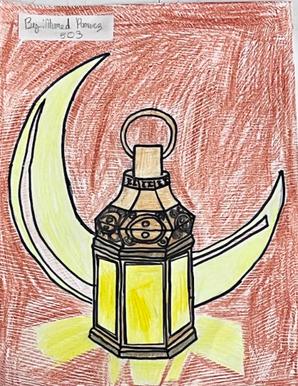
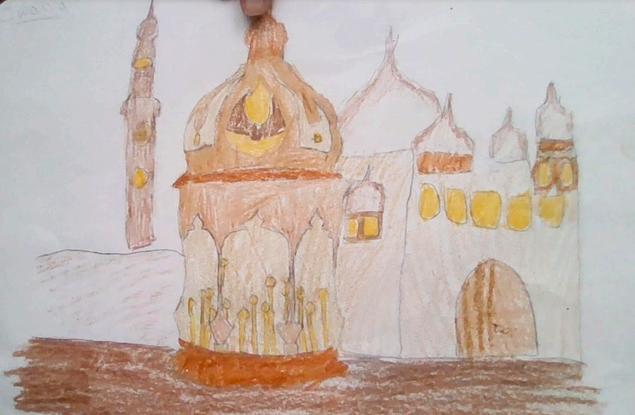
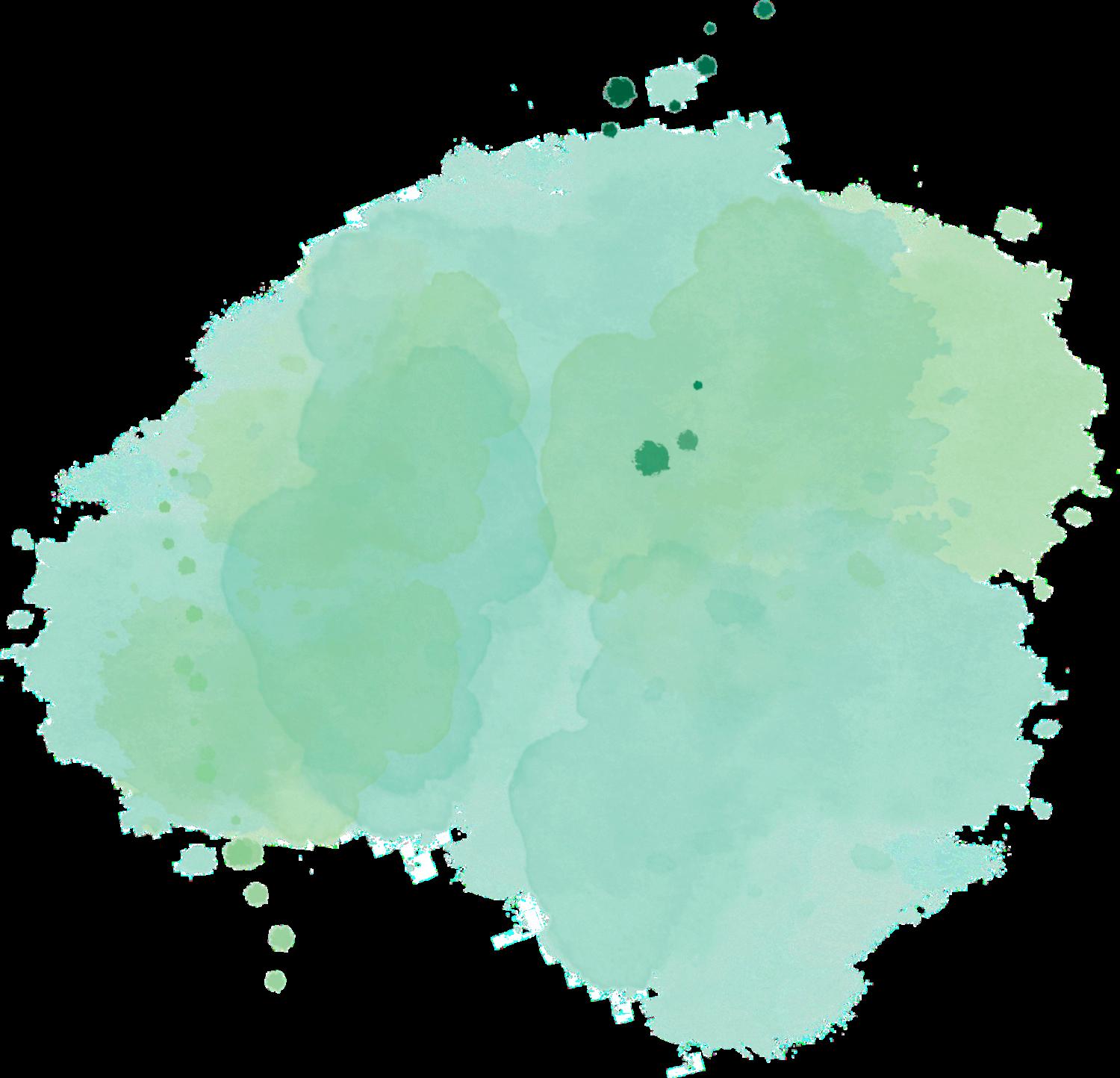

Whichoneisbetter?
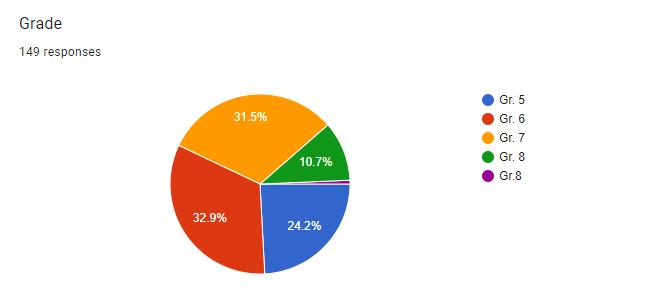
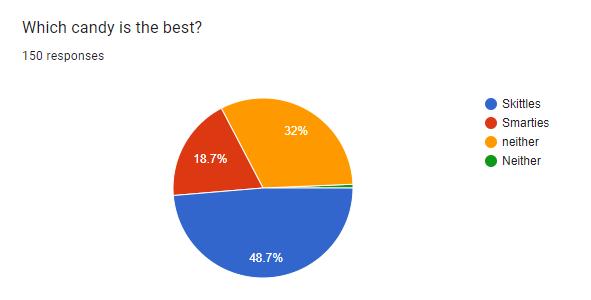
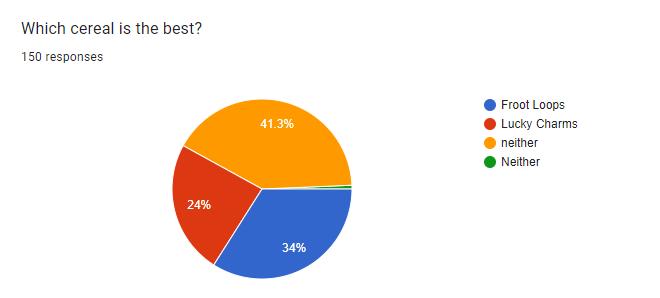
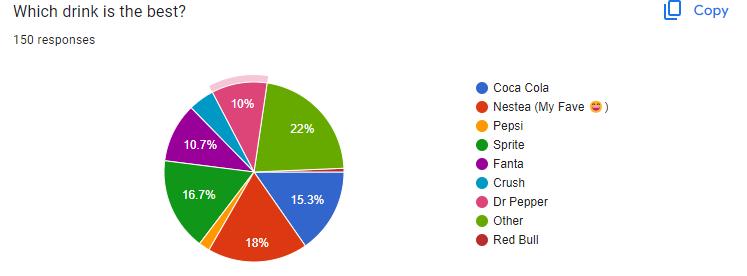
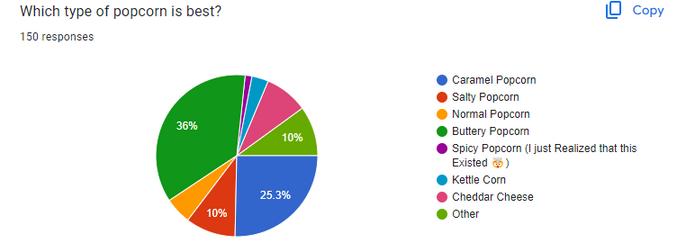
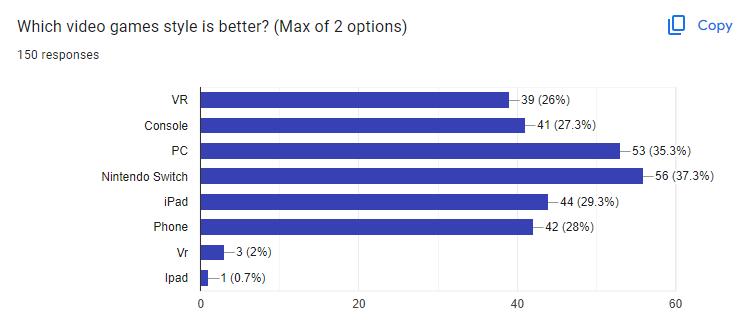
SURVEY RESULTS SURVEY RESULTS SURVEY RESULTS
CCONTINUED... CONTINUED... ONTINUED...
Whichoneisbetter?
